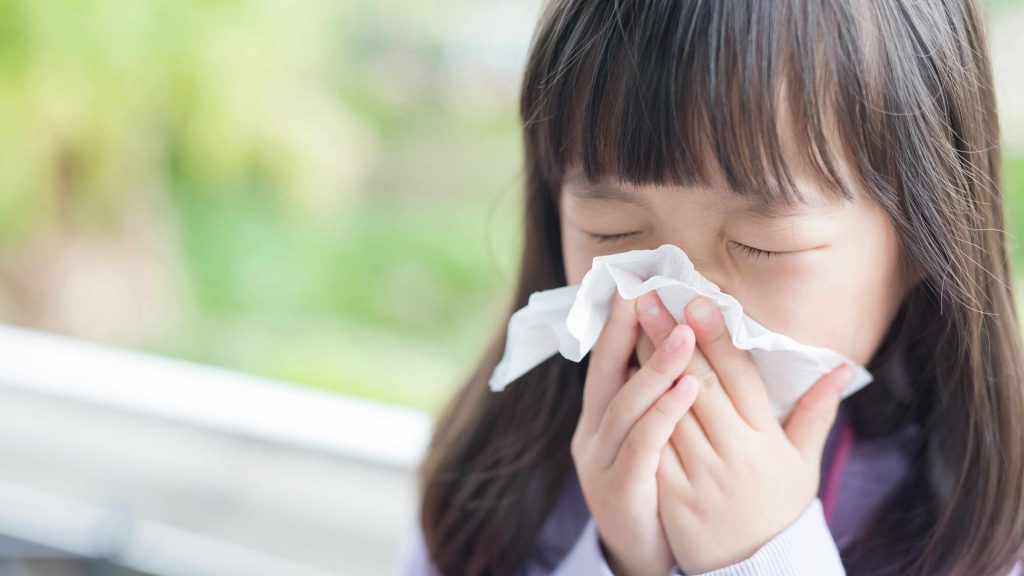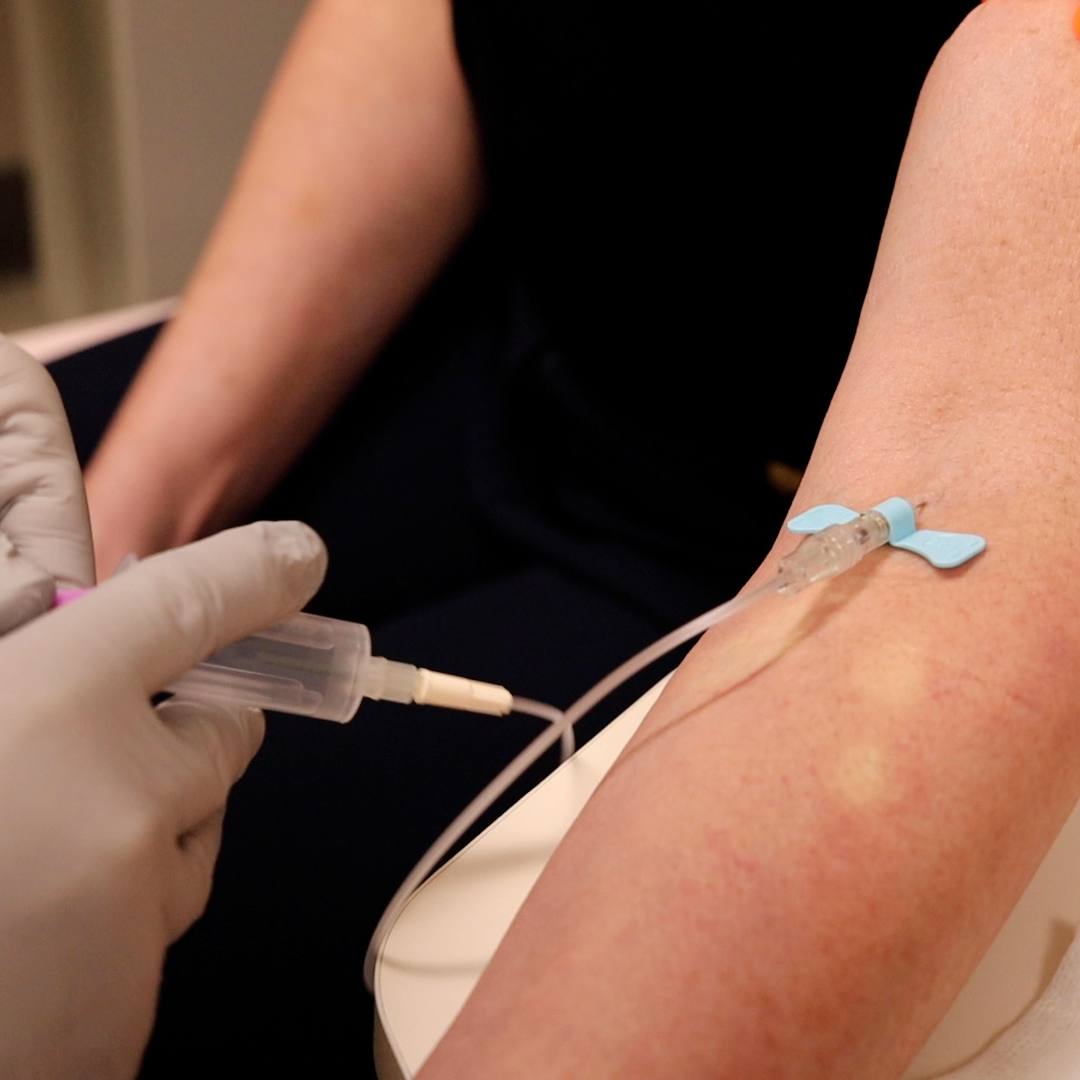-
Health & Wellness
Cold, flu or allergies? Overlapping symptoms make it a challenge to know when to seek medical care

The future of COVID-19 may be uncertain, but one thing parents know: When children go back to school, respiratory viruses and other infections tend to spike. Since a lot of symptoms overlap, determining the cause and whether it is necessary to seek medical care can be a challenge.
"Between allergies, the common cold, respiratory syncytial virus, the flu and of course COVID-19, it is often hard to identify what is ailing our children when they aren't feeling well," says Dr. Tina Ardon, a Mayo Clinic family medicine physician and mom of three kids.
"It's important to be mindful of the symptoms our children can have to determine when it's necessary to keep them home from school but also when it might be time to seek medical care," she adds
Fever, vomiting or diarrhea are clear signs of concern, but other complaints may be a bit vaguer. A stomachache, for instance, could be the first sign of an illness or it could be anxiety around a test, says Dr. Ardon.
"I suggest families think about their child and how they're behaving. Listen to your gut so to speak. Look at the larger picture to determine if there is something else at play with the symptoms. But be thoughtful of others. We can help limit the spread of infectious diseases and keep our kids healthier overall if we keep our children home when they are not feeling well."
Dr. Tina Ardon, Mayo Clinic family medicine physician
Given the myriad respiratory ailments that spike in the fall, Dr. Ardon says parents should monitor symptoms and consider testing for COVID-19 and the flu, especially if fever and body aches are present.
"There may be antiviral treatments available that can improve recovery in certain groups of patients but it's important to identify the infections early," she says.
Over-the-counter medication and supportive measures are usually all that is necessary for most people, however. She says antibiotics are reserved for certain infections and should not be used just to expedite recovery. Overtreatment can lead to viruses becoming antibiotic-resistant.
Most viruses run their course within seven to 10 days, so if symptoms do not improve or worsen, it is time to call your health care specialist.
Although Dr. Ardon says she anticipates the winter to be rough, she encourages parents to focus on prevention, specifically by way of the flu shot and COVID-19 vaccination.
"I tell parents to get the vaccines when they are available as soon as you can. Although vaccines may not prevent you from getting sick, they can help in limiting the severity of illness, improve recovery and potentially prevent other complications," says Dr. Ardon.
More information:
- Expect a different flu season: Why you’ll want to be vaccinated for flu.
- Mayo Clinic Minute: COVID-19: Tips for parents and caregivers with children at home.
- Mayo Clinic Minute: When should you keep your child home from school?
Related Articles







